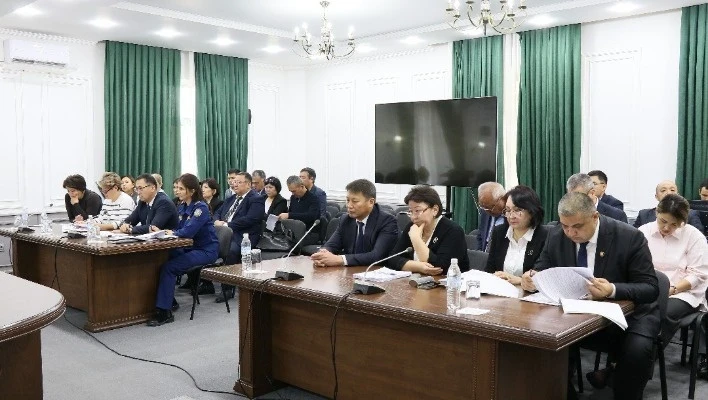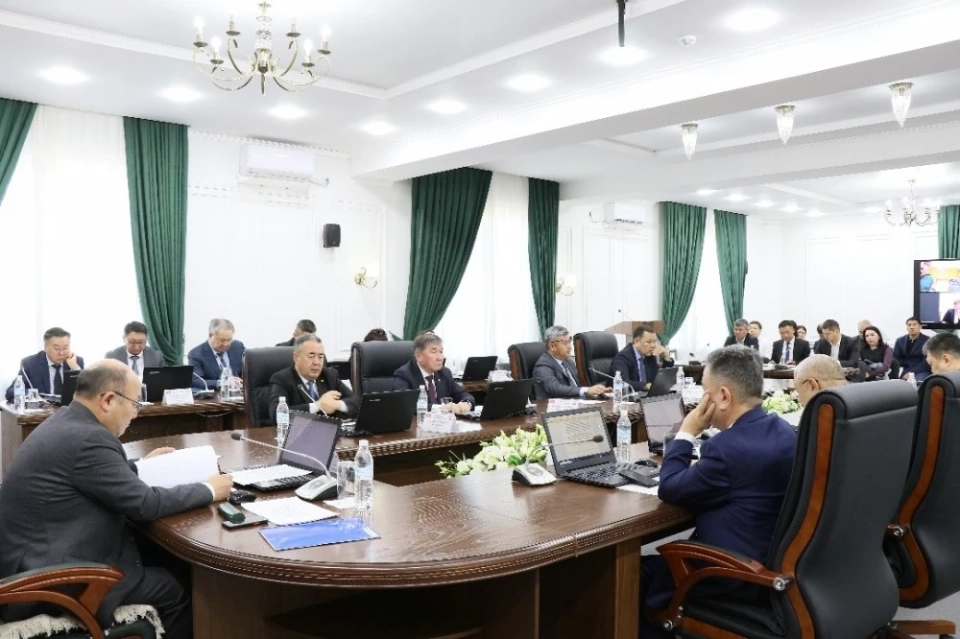Key Violations:
- The audit revealed that the Ministry of Emergency Situations created and used a separate budget estimate for centralized activities, which contradicts current legislation and budget planning rules. It was also found that the allocations specified in the estimate were later approved for departmental organizations.
- In the hydrometeorological service, out of 157 registered land plots, 21 lack state acts. It is recommended to intensify efforts to clarify and formalize the title documents.
- In the forestry sector, expenses and losses were not compensated in a timely manner. The amount of debt for land lease amounts to 96.1 million soms and has not yet been fully received in the republican budget. This underscores the need for improved management and control in the forestry sector.
- The budget execution for the ERIC project (increasing resilience to natural disaster risks) in 2023 was only 13.7%, indicating incomplete utilization. The contract with the contractor for some components of the project was terminated early, affecting the timelines for school construction.
- The completion of the COVID-19 operational project was delayed by almost two years and occurred only in October 2024. It was found that part of the funding was directed to activities not directly related to the goals of operational response. Capital repairs were focused on improving the material and technical base of healthcare institutions.
- In four subordinate structures of the Ministry of Emergency Situations, over 1.9 billion soms of capital investments were used in 2023-2024. The audit revealed violations amounting to 6.8 million soms.

Photo from the press service of the Audit Chamber of the Kyrgyz Republic.
The Audit Chamber proposed a number of recommendations to enhance budget discipline, improve project management, and strengthen internal control mechanisms within the ministry's system.





